In today’s fast-moving world, communication is everything — and yet, few people realize just how powerful writing can be. From telling compelling stories to writing persuasive content or even crafting memorable characters, the ability to express yourself with clarity and imagination is invaluable. Whether you’re a beginner, a student, or someone just looking to rediscover your creative spark, a Creative Writing Crash Course can be a life-changing experience.
Why Take a Crash Course in Creative Writing?
Writing creatively doesn’t require a degree in literature or years of experience. What it does require is an open mind, a willingness to experiment, and a few guiding principles. That’s exactly what a crash course offers — a focused, beginner-friendly approach that condenses the essentials of storytelling, character creation, descriptive language, and narrative structure into an engaging and practical format.
Here are a few reasons why a crash course might be the perfect entry point:
-
You Get the Basics Fast: No long lectures or complex theory — just the tools and techniques you can apply right away.
-
It Sparks Confidence: If you’ve always wanted to write but didn’t know how to begin, a structured guide helps you get started without feeling overwhelmed.
-
It’s Flexible and Fun: Most crash courses are designed to be engaging, interactive, and inspiring. You’ll learn while doing — through prompts, short exercises, and real examples.
Key Elements of Creative Writing You’ll Learn
Let’s take a closer look at what a solid crash course in creative writing usually includes:
1. Understanding Story Structure
Every story has a beginning, middle, and end — but there’s much more to it. You’ll learn about:
-
The importance of conflict and resolution
-
Pacing and flow
-
Different types of story arcs (e.g., hero’s journey, rise and fall)
2. Developing Characters
Flat characters can ruin a great plot. You’ll explore how to:
-
Create believable characters with flaws, goals, and backstories
-
Use dialogue to reveal personality
-
Show rather than tell
3. Setting and World-Building
Whether you’re writing a fantasy epic or a personal memoir, the setting matters. You’ll discover:
-
How to use the five senses to bring places to life
-
The role of atmosphere and mood
-
Tips for building immersive environments
4. Writing Style and Voice
Your voice is what makes your writing uniquely yours. You’ll work on:
-
Sentence rhythm and tone
-
Word choice and imagery
-
Finding consistency in narrative voice
5. Editing and Revising
No first draft is perfect. You’ll gain confidence in:
-
Cutting unnecessary words
-
Restructuring weak paragraphs
-
Enhancing clarity and emotional impact
Who Is It For?
A creative writing crash course is perfect for:
-
Students looking to sharpen their writing for school or exams
-
Professionals seeking better storytelling skills for business or personal branding
-
Aspiring authors hoping to start a novel or short story collection
-
Anyone who loves writing and wants to grow creatively
Whether you’re aiming to write fiction, blogs, scripts, or poetry, the skills you learn can be applied to any genre.
Tips to Maximize Your Learning
Here’s how you can make the most of a crash course in creative writing:
1. Practice Daily
Even ten minutes a day adds up. Treat writing like a muscle — the more you use it, the stronger it gets.
2. Read Widely
Great writers are great readers. Dive into different genres, authors, and formats. Look at how others build tension, describe scenes, or handle dialogue.
3. Don’t Fear Mistakes
The beauty of creative writing is that there are no strict rules. It’s okay to write something messy — that’s what editing is for.
4. Join Writing Communities
Get feedback, stay motivated, and find inspiration by connecting with other writers online or in local workshops.
The Emotional Benefits of Writing
Creative writing isn’t just a technical skill — it’s an emotional outlet. Many people find writing to be therapeutic. It allows you to explore your feelings, tell your story, and even process life’s challenges.
Journaling, poetry, and storytelling can improve your mental health, boost your self-esteem, and help you make sense of your experiences. Writing can be a private journey or a public performance, but it always starts with the same spark — a need to express something from within.
Going Further with Your Writing
Once you’ve completed a crash course and you’re feeling confident, you can take things to the next level:
-
Try entering writing competitions
-
Start a blog or newsletter
-
Join local or online writing groups
-
Outline your first novel or screenplay
-
Take a specialized course on poetry, scriptwriting, or memoir
With writing, there’s always more to learn — but the hardest part is simply starting.
If you’re looking for a resource that supports your writing beyond the basics, you might also explore collections like the 11+ Descriptive Writing Pack, which offers students and new writers a variety of prompts, word banks, and examples to improve description and sensory detail.
Conclusion
Creative writing empowers you to create, connect, and communicate in meaningful ways. Whether you want to write a novel, improve your storytelling skills for business, or just explore a new hobby, a Creative Writing Crash Course is a smart and exciting way to begin. With the right tools and a little practice, you’ll be surprised at how quickly your ideas can turn into powerful stories.

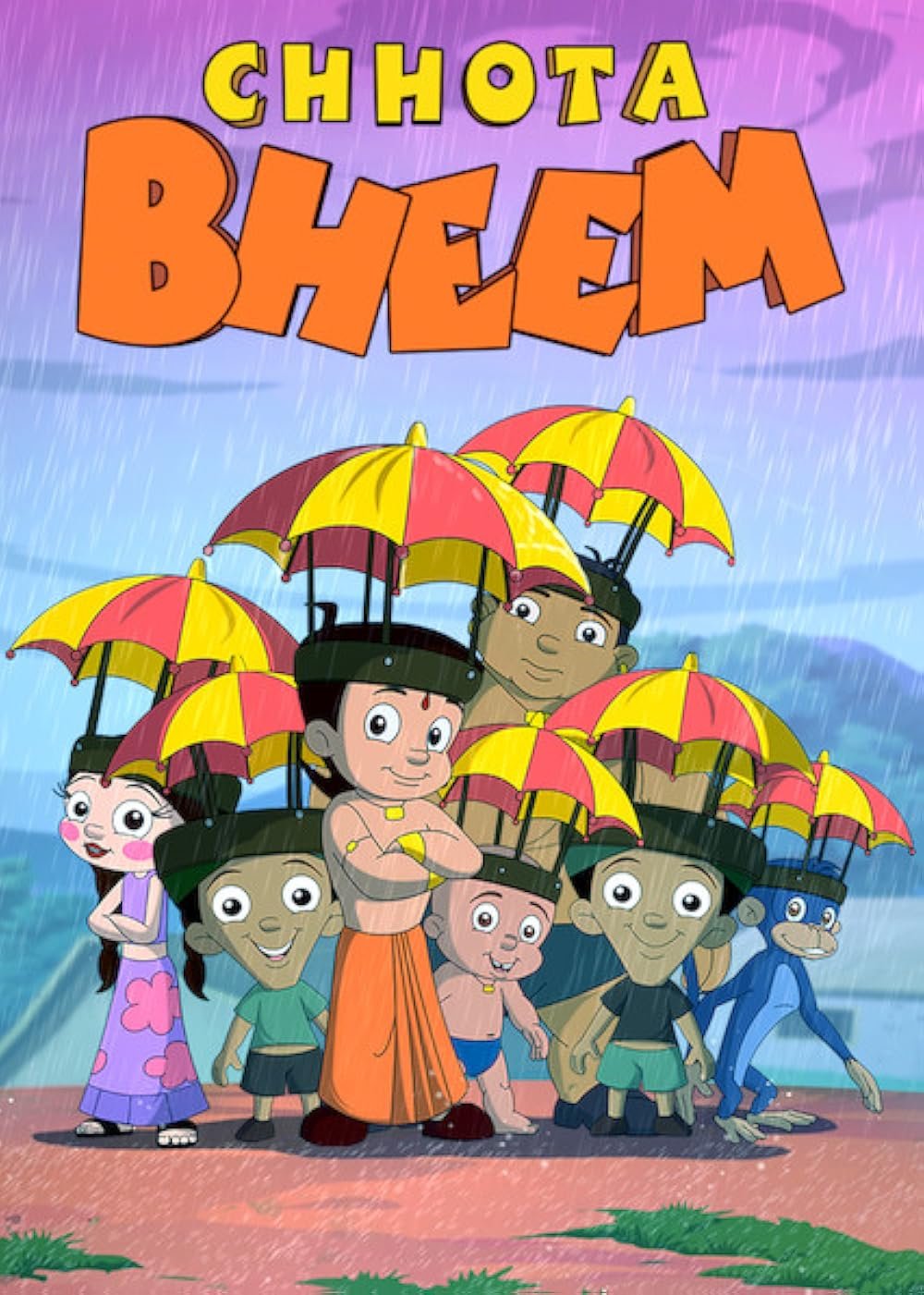
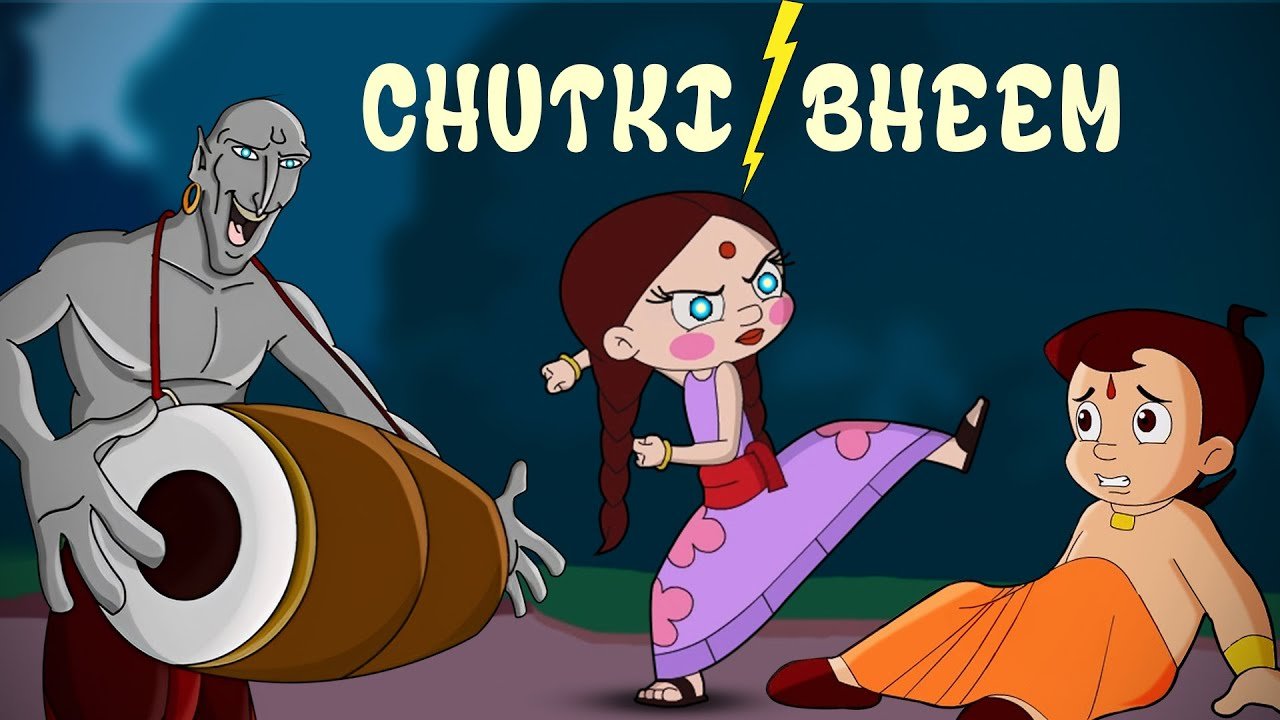


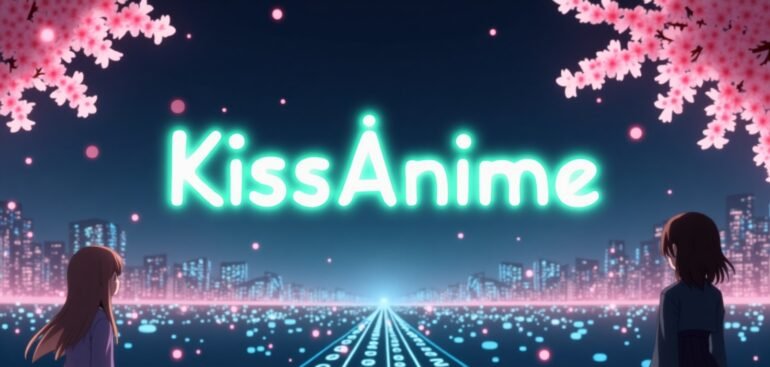
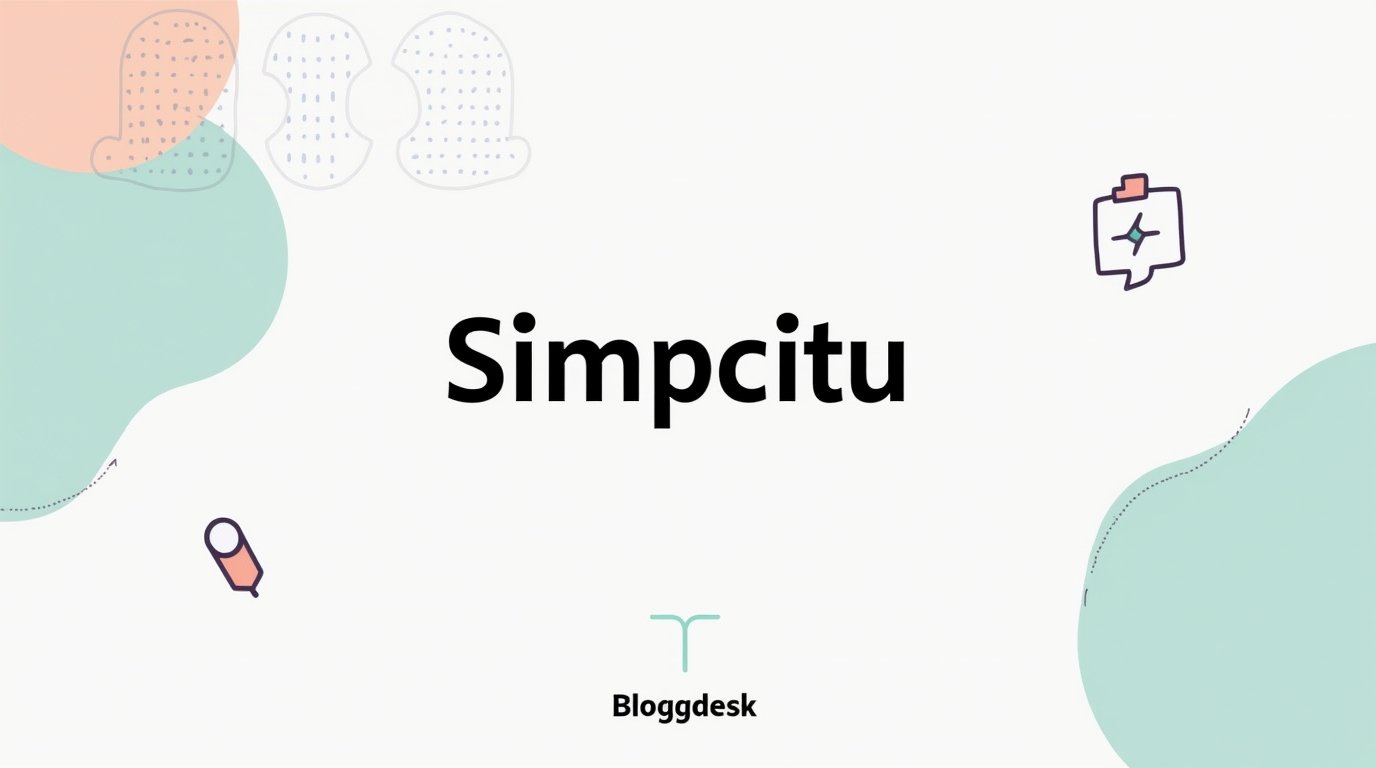

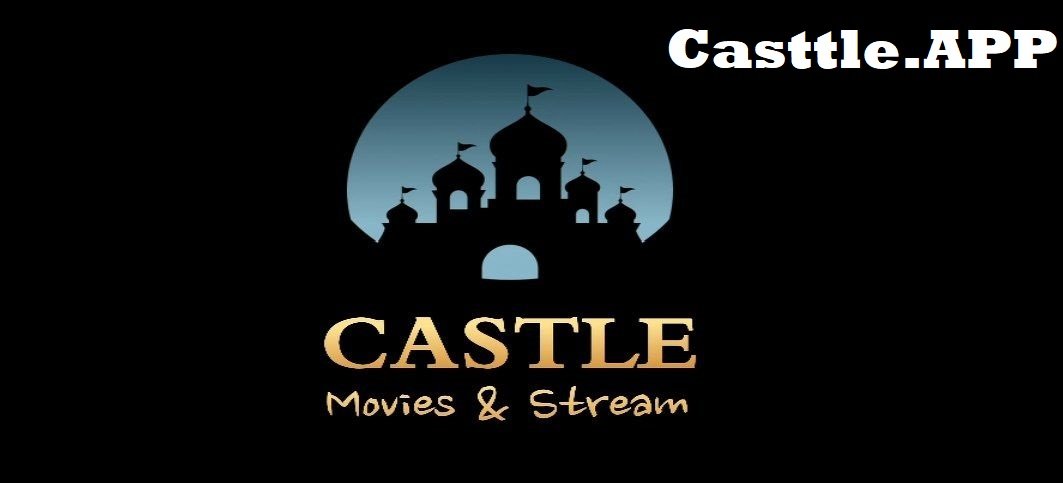

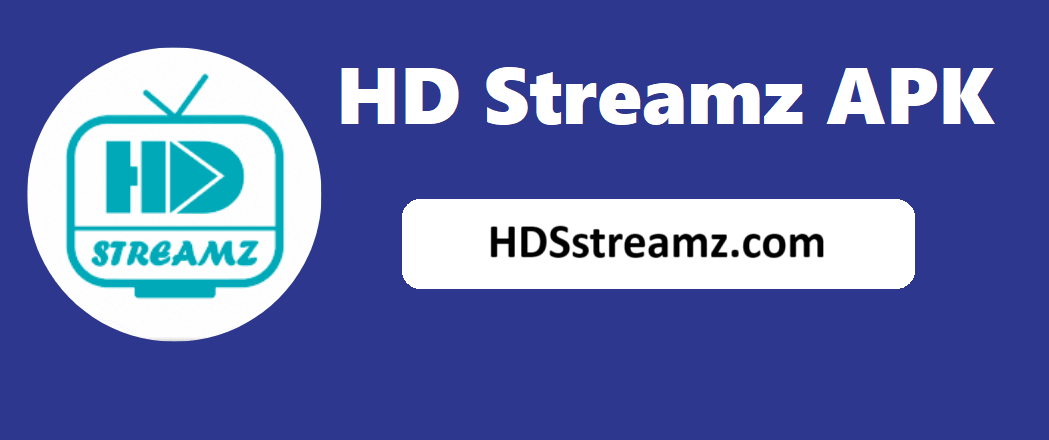


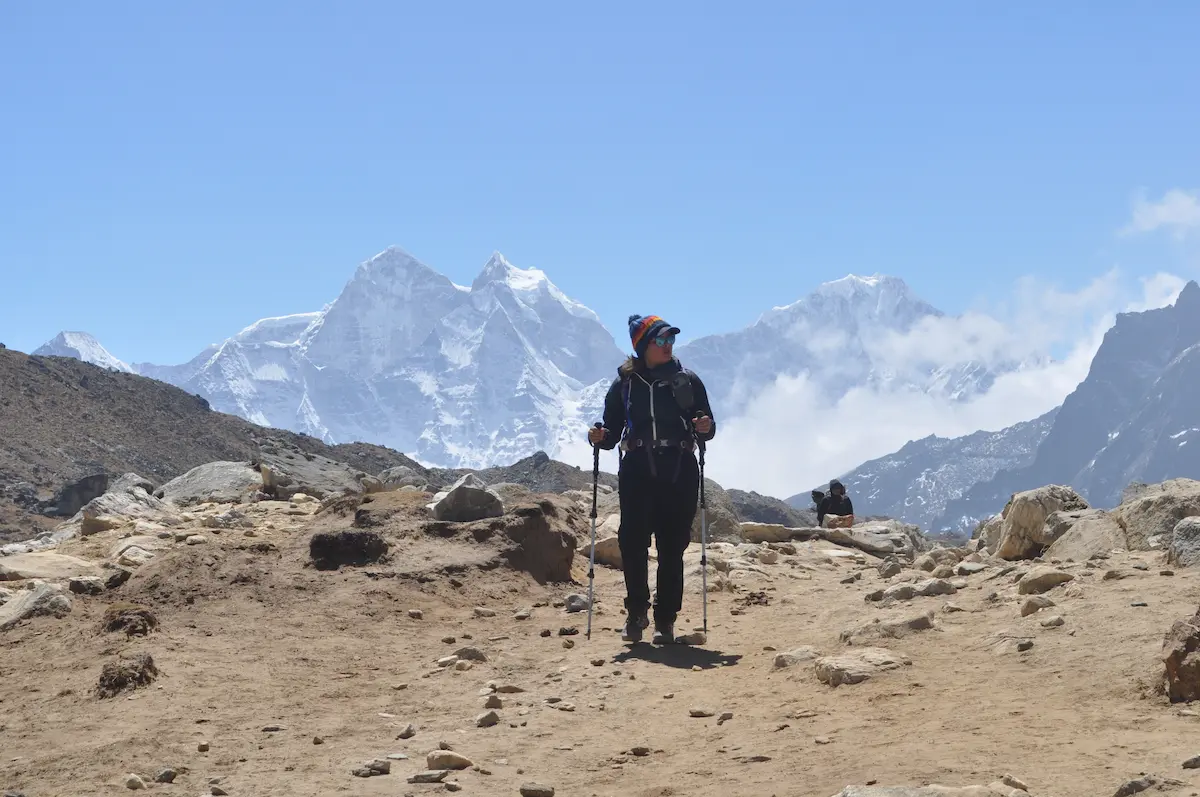
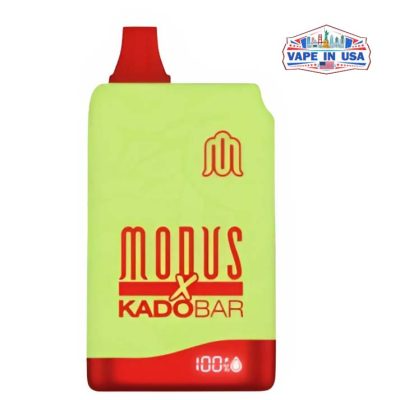
Leave a Reply